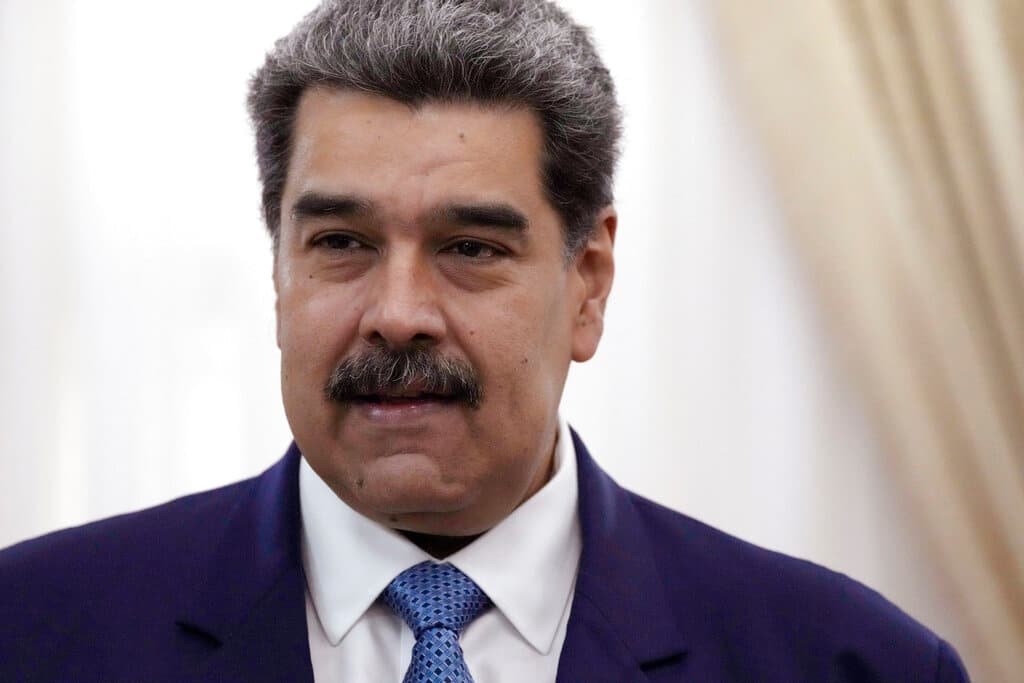Appeasing Maduro: Case Shines Light on Biden Policy Failures
Maduro family members are sent back to Caracas after being convicted in America on drug charges while a courageous investigating journalist gets sued for exposing a narco state.

“So I am sued in court, and the narco-nephews are now free in Caracas,” a Venezuelan-born journalist, Maibort Petit, laughingly tells the Sun in between court sessions at New York, where she spends much of her time covering criminal cases involving her home country. She’s talking about a situation that throws the failure of President Biden’s policies into sharp relief.
Please check your email.
A verification code has been sent to
Didn't get a code? Click to resend.
To continue reading, please select:
Enter your email to read for FREE
Get 1 FREE article
Join the Sun for a PENNY A DAY
$0.01/day for 60 days
Cancel anytime
100% ad free experience
Unlimited article and commenting access
Full annual dues ($120) billed after 60 days

